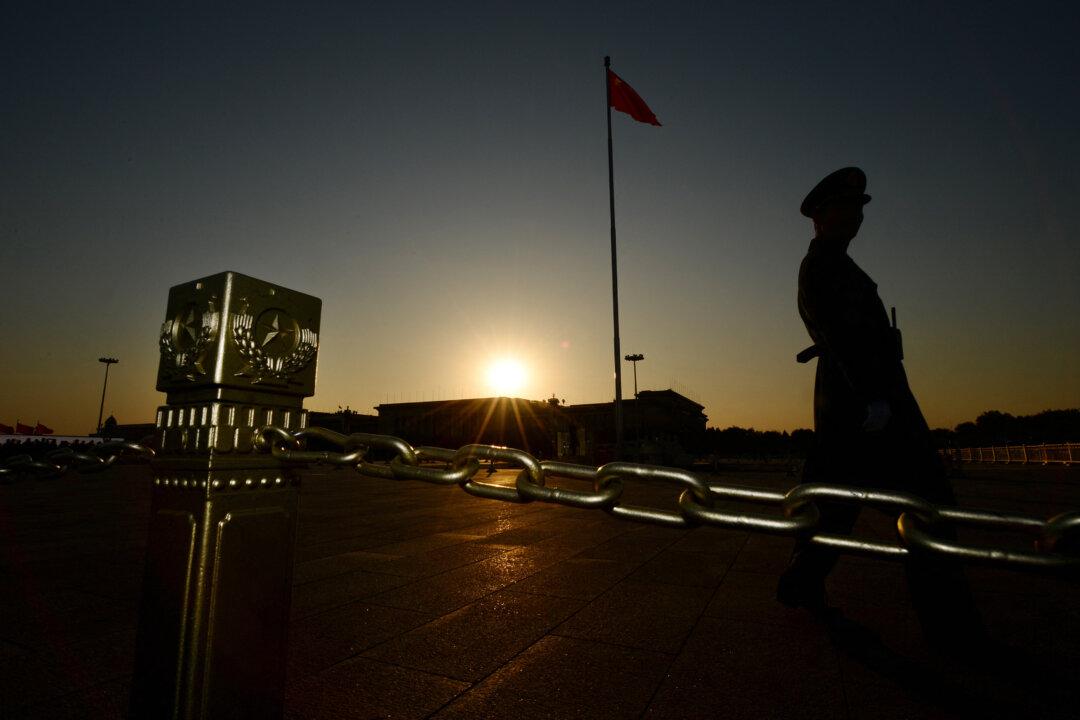Commentary
Of the many economic and financial problems plaguing China today, underlying all is a critical issue of trust or, more accurately, the lack of it.

Of the many economic and financial problems plaguing China today, underlying all is a critical issue of trust or, more accurately, the lack of it.